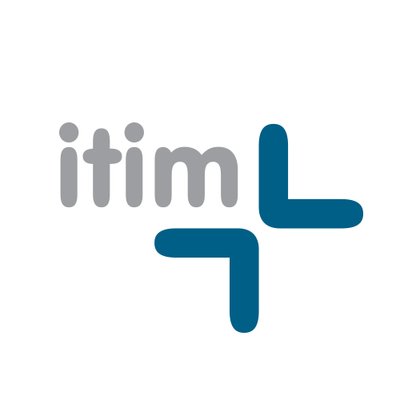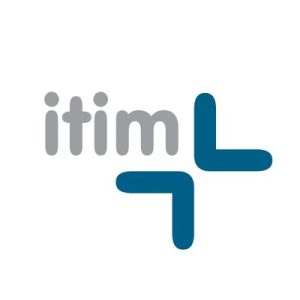Despite inflationary pressures, which continue to impact consumer spending, Gartner’s recent survey reveals that 32% of shoppers intend to begin their holiday shopping well before November. At the same time, 21% of respondents said they are likely to cut back on their holiday spending this year due to the ongoing squeeze on household budgets.
As of Wednesday, the traditional Black Friday sales event is still about 70 days away. However, retailers have already been promoting holiday deals much earlier, with some starting as early as late summer. Amazon has announced the dates for its “Prime Big Deal Days” next month, following up on its July Prime Day event. Similarly, Target has scheduled the return of its “Circle Week” next month, both marketing these events as chances for shoppers to get a head start on holiday purchases.
This trend towards early promotions has prompted retailers and marketing professionals to adjust their strategies. According to Socha from Gartner, chief marketing officers (CMOs) should ideally start planning for the holiday season in the first quarter of the year. They should continue to review and refine these plans throughout the year, with implementation beginning in the third quarter. By using consumer insights and analysis from earlier in the year, retailers will be in a better position to meet customer expectations when the holiday shopping season arrives.
Gartner’s survey, which included responses from 327 individuals in June, highlighted a few key trends that are shaping this year’s shopping landscape. Firstly, many consumers perceive online prices as being more competitive than in-store prices, with 20% planning to increase their online shopping as a result. There are growing concerns around in-store shopping this year, with 60% of respondents reporting issues such as higher prices, limited inventory, product selection, and security worries. Gartner noted that all of these concerns have grown compared to last year.
Another significant trend is the increasing reliance on hybrid shopping services. Over half of the respondents, about 57%, said they plan to use services like buy online, pick up in-store (BOPIS), curbside pickup, same-day delivery, or expedited shipping. Socha pointed out that consumers seem to appreciate the convenience and potential savings these services offer, although they might not be as keen on the in-store shopping experience itself.
A final notable shift in consumer preferences is towards extended return policies. Many shoppers, especially younger ones, are more likely to make a purchase if they know they can return items well beyond the traditional 30 to 60-day window. More than 70% of younger consumers indicated that extended holiday return options would influence their buying decisions, showing a clear preference for greater flexibility in the post-purchase phase.
These insights offer a glimpse into how retailers need to adapt their strategies to accommodate evolving consumer behaviour, with an emphasis on early engagement, convenience, and flexibility to capture holiday sales this year.
itim Group plc (LON:ITIM) is a SaaS-based technology company that enables store-based retailers to optimise their businesses to improve financial performance and effectively compete with online competitors. Itim adds retail value by helping multi-channel retailers optimise their business and their stores to improve financial performance and compete more effectively with the “Amazons”.


